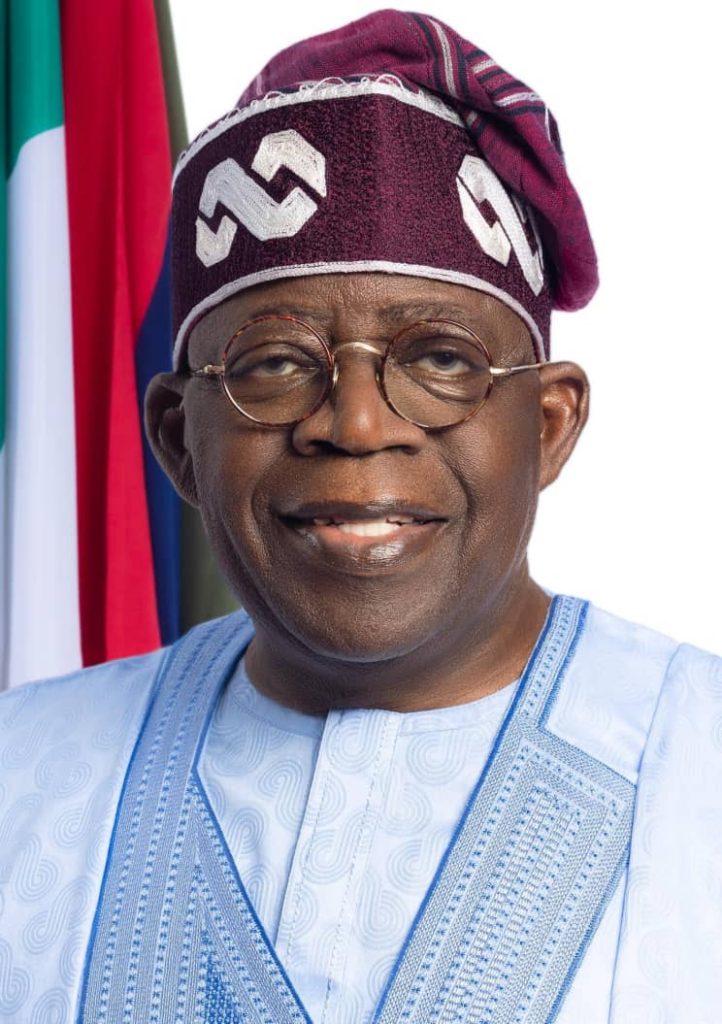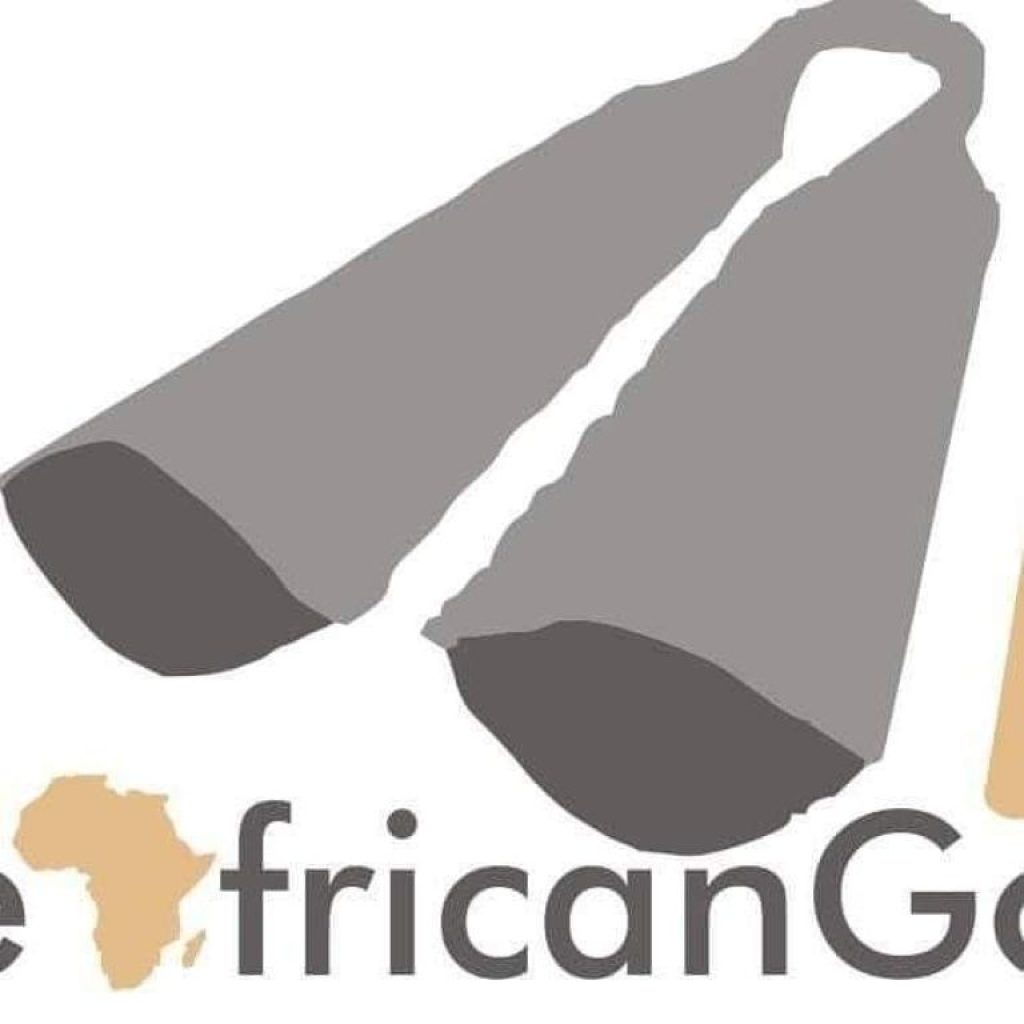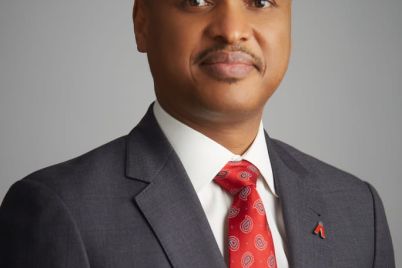
By Frank Meke
One of the most crippling setbacks to the growth of Nigeria’s tourism industry has been the repeated appointment of inexperienced and ill-prepared politicians to head the Ministry of Culture and Tourism. For over three decades, we have witnessed how such appointees stumble through the sector, leaving behind policy gaps, half-baked initiatives, and poor collaboration with industry stakeholders.
Instead of strengthening the industry, many of these ministers have undermined the laws of parliament establishing key agencies of culture and tourism. By interfering with their statutory roles, they render the agencies ineffective, leaving the sector starved of the growth it desperately needs.
President Bola Ahmed Tinubu recognized this malaise early in his administration. He acknowledged that Nigeria’s enormous cultural assets hold the key to unlocking the country’s tourism potential, and for that reason, he merged the stand-alone Ministry of Tourism into the broader cultural framework. His goal was clear: deploy Nigeria’s heritage and creativity to position us as a global tourism powerhouse.

Unfortunately, in choosing Hannatu Musa Musawa, a lawyer and poet, to lead this ministry, the president made a grave political miscalculation. Compared with her contemporaries in ministries such as Aviation, Works, Interior, Sports, and the Marine and Blue Economy, Hannatu has proven to be out of depth.
For two years now, her tenure has been marked by a lack of vision, innovation, and leadership. Instead of inspiring growth, she has paraded empty slogans, displayed toxic optics, and weakened the very foundations of the industry she was appointed to protect. Nigeria’s cultural tourism and creative economy now drift aimlessly, surviving only because of the resilience of private sector players and the creative community.
Most recently, her reckless interference in the affairs of the National Institute for Hospitality and Tourism (NIHOTOUR) revealed her disregard for due process and good governance. Rather than consult with stakeholders to understand challenges, she rushed to the public space to announce the discontinuation of a lawful compliance framework backed by an Act of the National Assembly—an institution she swore to defend.
This rashness raises serious questions about her loyalty, not only to the president but also to the Nigerian people. As President Tinubu has rightly said, our national problem lies in enforcing compliance with the laws of the land. Yet Hannatu appears more interested in appeasing rebellious operators who resist global best practices than in strengthening regulatory institutions.
We saw a similar pattern when the Standards Organisation of Nigeria attempted to standardize service delivery in line with international practices. Instead of supporting reform, entrenched interests resisted, branding SON as an enemy of progress. Sadly, Hannatu has chosen to side with such forces, dragging the sector backward.

Her tenure is littered with contradictions. She rushed to bask in the glory of Nigerian sportswomen after their global victory but failed to recognize or harness the immense potential of sports tourism. She hijacked the African Music Summit (AFRIMA), sidelining Lagos State, which had legitimately won the hosting rights, in an attempt to stage-manage the event as her personal runway show.
Now, with the World Travel Market in London around the corner, one must ask: where is her experience and capacity to represent Nigeria effectively?
Two years in, the reforms she promised remain hollow. Unlike her colleagues in Aviation, Finance, Sports, Works, and other ministries who are implementing serious and impactful reforms, Hannatu offers nothing but recycled slogans, statistical gimmicks, and manipulative grandstanding.

By contrast, NIHOTOUR, under Fagade, has emerged as a bold reformist institution, determined to implement its Act as mandated by parliament. Reforms cannot happen without compliance. No nation has achieved transformation by surrendering to comfort zones. Even the Ten Commandments birthed thousands of laws across civilizations. America and other nations have strengthened their economies through robust compliance ecosystems. Why should Nigeria be different?
The example of the FCT minister is instructive. When he announced compliance deadlines for property owners, President Tinubu did not undermine him by suspending enforcement. Instead, he granted violators a brief extension to comply. That is leadership rooted in wisdom and respect for the law—not the emotional overreach we continue to witness from Hannatu Musa Musawa.
The truth is undeniable: change is here to stay. NIHOTOUR’s reforms are not about harassment but about lifting the sector into global relevance. Resistance will come, but governance cannot be suspended to satisfy the whims of a few.

As for Hannatu Musa Musawa, her tenure has been a costly distraction. She has failed to defend the institutions under her watch, failed to offer direction, and failed to inspire confidence. The Nigerian cultural tourism industry deserves more than hollow platitudes and self-serving optics. It deserves a leader with vision, capacity, and the courage to embrace reform.
The time has come for us to choose: embrace real change or perish under mediocrity.

